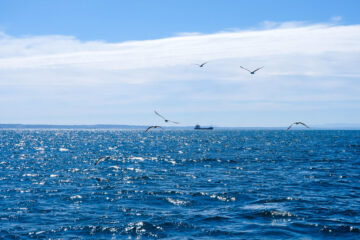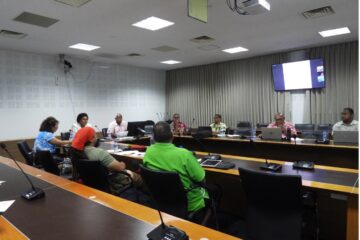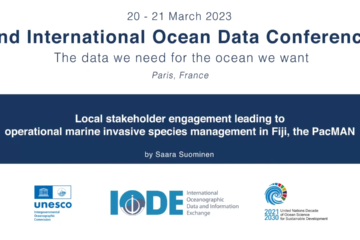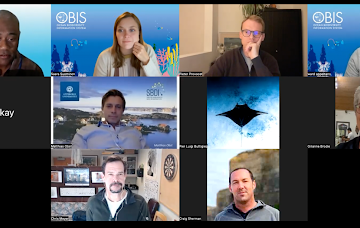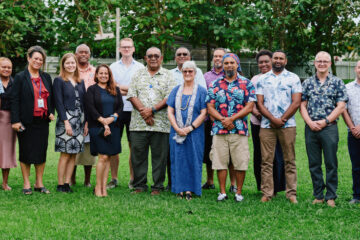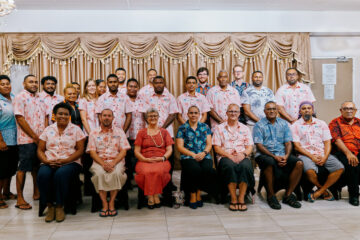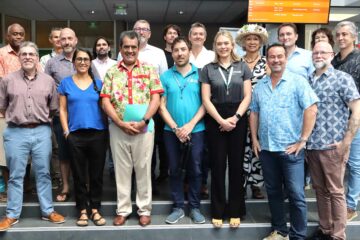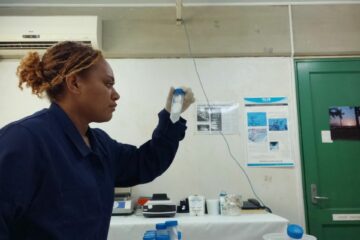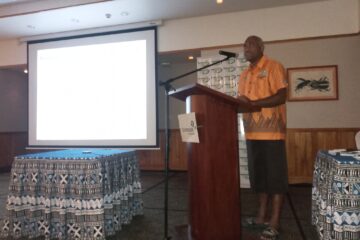News
PacMAN?
The project will develop a national invasive species monitoring system as well as an early-warning decision-support tool for Pacific SIDS, offering a user-friendly dashboard indicating the potential presence of invasive species (including pathogens and pest species) or risk of invasions to support local management. The project will achieve this goal through a work plan that includes (i) needs assessment and review of current best practices in detecting invasive species; (ii) training of local scientists in Read more…

